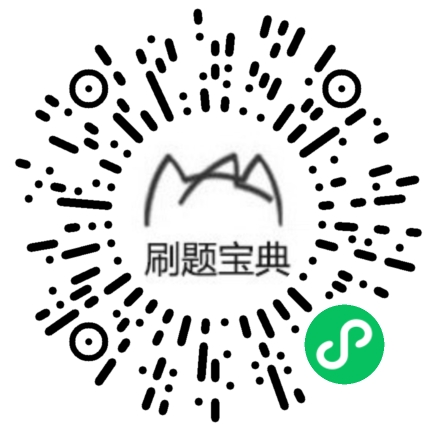根据下面资料,回答36-40题
The heads of four of the U. S. 's biggest technology companies—Alphabet, Apple, Facebopk, and Amazon—appeared before Congress earlier this week to respond to criticism that they have too much market power. The hearing showed that lawmakers are beginning to understand what is and isn't important when it comes to regulating these large businesses. And it also showed an increased focus on the most important area of antitrust policy—mergers and acquisitions and whether regulators have exercised enough vigilance.
One typical defense against such allegations is that tech companies are not monopolies. Whether this is true depends on how markets are defined—for example, Google is overwhelmingly dominant among search engines, but has only about a third of digital ad revenues. But focusing on whether a company is a monopoly misses the point. Oligopolies, where a few big companies dominate the market, also tend to wield some degree of market power. In theory, that can allow powerful players to jack up consumer prices, underpay workers and squeeze suppliers.
In the case of Big Tech, consumer prices and wages are generally not the issue. A bigger worry concerns suppliers. Platform companies depend on a network of third-party companies—merchants who sell on Amazon, websites that run Google ads, app developers who sell on Apple's App Store and so on. The platforms' size potentially allows them to extract a lot of value from these smaller companies, demanding a larger share of their revenue or even creating and then favoring their own competing offerings. Thus, it's a good thing that Congress focused some of its attention on the need to maintain fair relationships between platforms and suppliers.
Another concern is the prices that online service companies charge advertisers. By some estimates, more than half of digital ad spending now goes to either Google or Facebook. Advertisers are the true paying customers for free online services for consumers. This is reason that legislators are worried about platforms buying out the competition. Facebook CEO Zuckerberg admitted in the hearing that he purchased social-networking company Instagram in 2012 as a way to head off other young social networks. Ultimately, that could raise prices for advertisers. Those sorts of buyouts and buyout threats could also have a chilling effect on startup formation and economic dynamism because even the threat of competition from a dominant company can deter new entrants.
So if there's any case for antitrust action against Big Tech right now, it probably has to do with the acquisition of upstart competitors. Unlike most of the issues surrounding Big Tech which are! complicated and confusing, concern over anticompetitive mergers that jack up prices is very old and very common.
In any case, it's a very good thing that Congress is beginning to pay more attention to the problems of industrial concentration and oligopoly in the U. S. economy. These hearings will hopefully be a jumping-off point for a broader re-examination of the value of mega-mergers and huge, dominant companies.
Which of the following would be the best title for the text?
A Focusing on Facebook and Google's Monopoly Misses the Point
B Congress Is at Last Beginning to Pay Attention to Antitrust Cases
C The Biggest Tech Companies Are Accused of Underpaying Workers
D Legislators Are Examining the Value of Mega-Mergers
